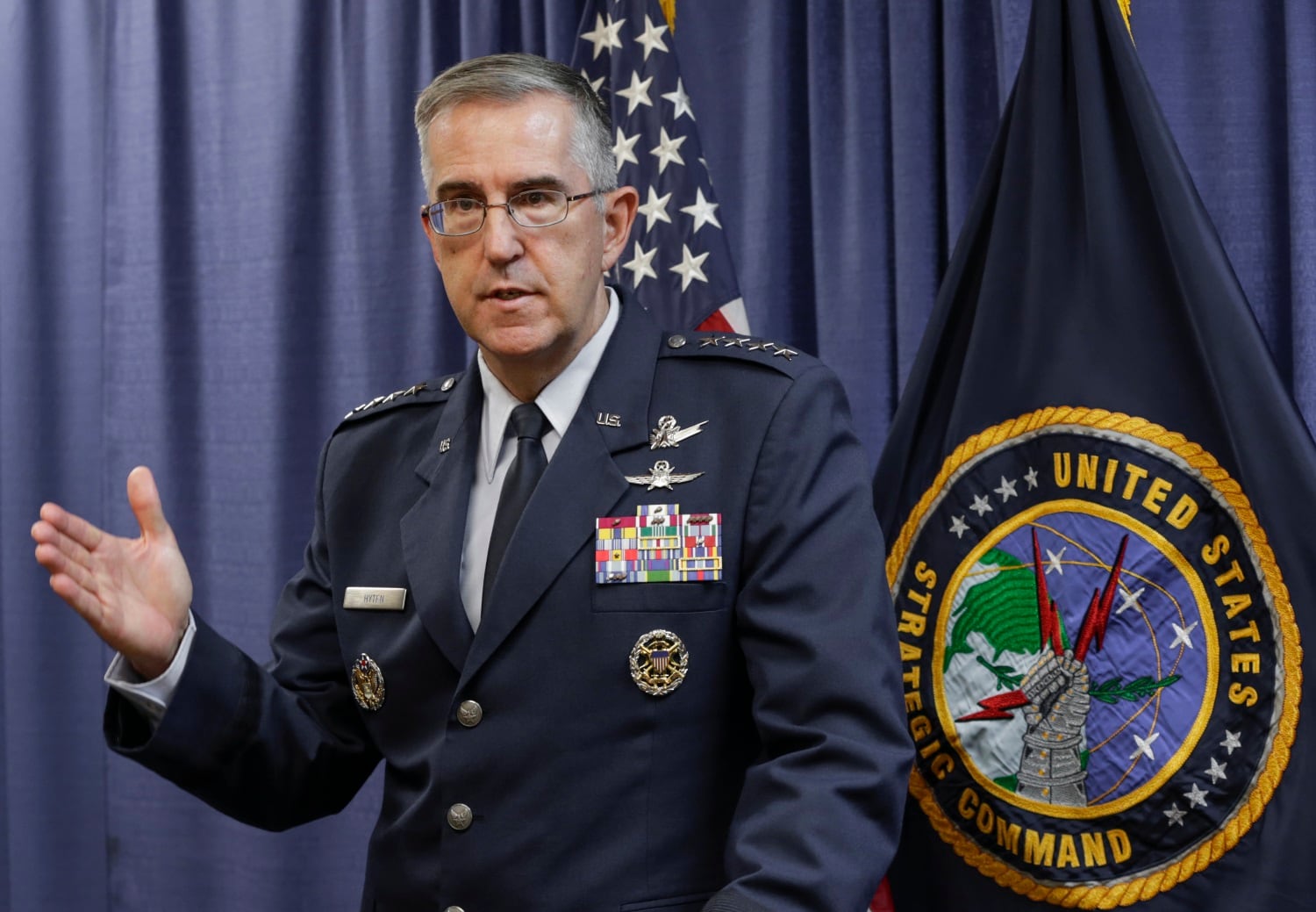The Pentagon announced Monday that it has completed a far-reaching review of U.S. military presence around the world. But it won’t say what it found out, or any details about the recommended next steps, other than that some more reviews are in order.
The review’s results are classified, a senior defense official told reporters on Monday.
“We endeavor to be as transparent as possible, but to avoid giving our adversaries any advantage, we need to protect details on any immediate changes in our posture,” the official said.
At the same time, the official added, there is a good amount of negotiation that still needs to be done with partner nations before moves are made.
“Publicly engaging on these issues before unnecessary consultations have run their course would betray the confidentiality of our bilateral discussions and undermine trust in our relationships,” the official said.
This will be in stark contrast to President Donald Trump’s administration, the official said.
RELATED

“On a number of occasions in the previous administration, posture decisions were made or announced without a deliberative process and without due consideration of global trade-offs, risk to strategy, interagency coordination and impact to allies and partners,” the official said. “We saw this in the announcements on Syria and Afghanistan, the approach to Iran and the 25,000 active duty force cap in Germany that the Trump administration implemented.”
Some of this has already been reversed, the official added, as part of the posture review. President Joe Biden in February overturned Trump’s decision to send nearly 12,000 troops home from Europe, the majority of whom are based in Germany.
Any further changes will be coordinated with allies, the official said, declining to offer details on how the review’s results can pump up deterrence against Russia, whose recent activities seem to threaten an invasion of Ukraine.
Another posture review move came in September, when the Army announced it would move an artillery headquarters from Joint Base Lewis-McChord, Washington, to South Korea. A previously rotational attack helicopter unit will also be permanently based in South Korea.
As far as other Indo-Pacific Command moves, the official wouldn’t confirm any findings or recommendations.
INDOPACOM has been saying openly in recent years that it would like to explore a posture less centered on “fixed bases in fixed places” ― large presences in Japan and South Korea, for example ― and perhaps more on rotational deployments to points further south and west.
In the Middle East and Africa, where troop levels have shifted greatly in the past year, the official said only that the plan in Iraq and Syria remains to support efforts to defeat ISIS. For both regions, further posture review is necessary, the official added.
One expected conclusion from the posture review had been a decision on Somalia. The Trump administration abruptly pulled out all troops operating there, alongside the local government, against al-Qaida affiliated al-Shabaab, early this year.
Since then, Africa Command leaders have been flying down to the country for meetings and exercises, while rank-and-file troops have been based in Djibouti and Kenya.
Any decision on Somalia is, for the moment, classified.
Meghann Myers is the Pentagon bureau chief at Military Times. She covers operations, policy, personnel, leadership and other issues affecting service members.





